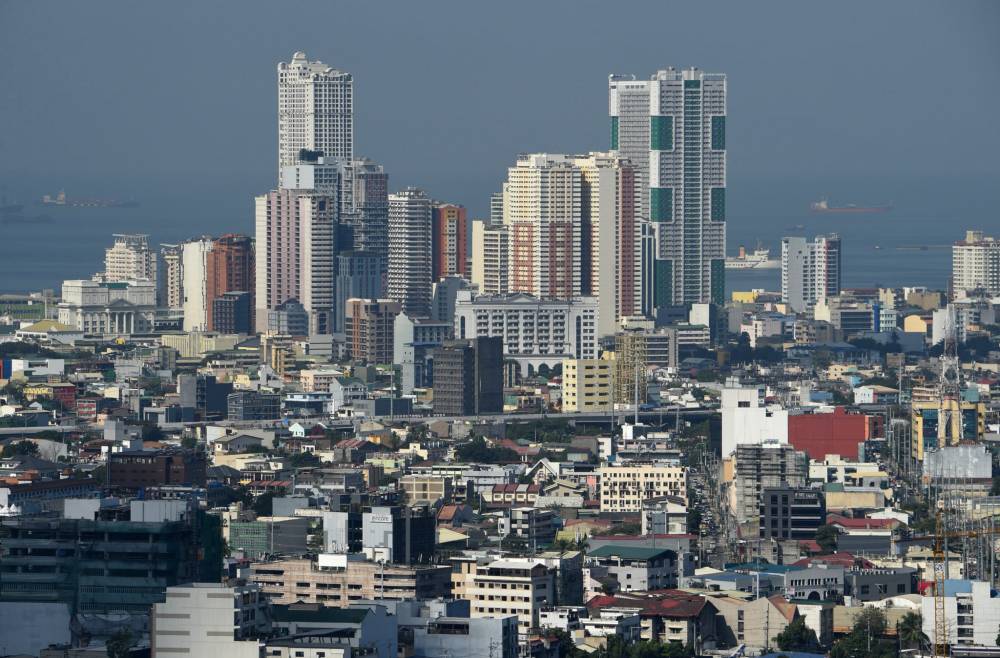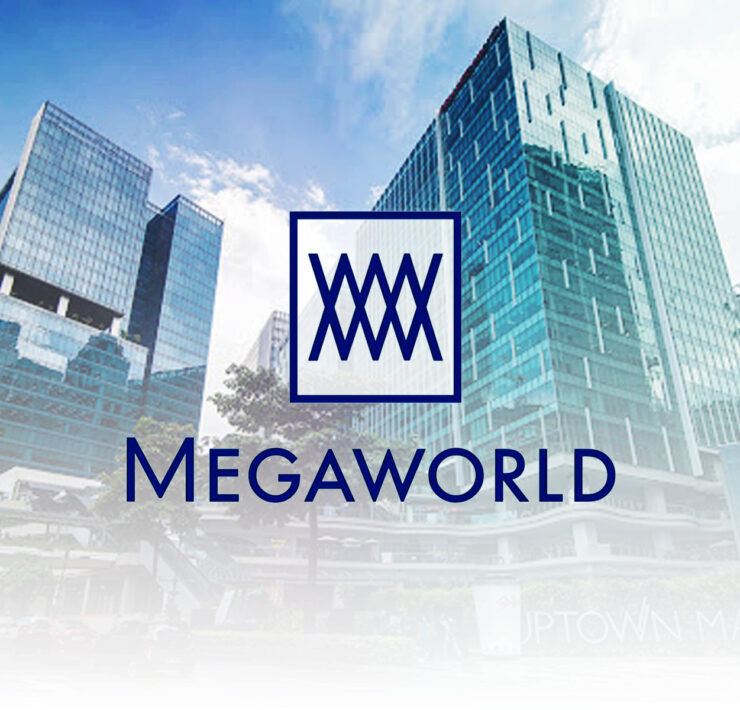Corruption issues seen dampening property demand

There may be a temporary demand pullback in the property sector as investors gauge the developments surrounding the current political environment, with high-ranking government officials facing mounting corruption allegations.
David Leechiu, CEO of real estate broker Leechiu Property Consultants (LPC), told reporters on Monday the business community was “highly skeptical” about whether the government investigation would actually bear fruit.
If there is any immediate impact on the sector, it would be tempered demand, although Leechiu said this was seen only as a knee-jerk reaction that would eventually settle.
“They (investors) are just putting things on standby, thinking that maybe certain people will sell at a distressed level,” Leechiu said on the sidelines of their third quarter property market briefing.
However, he reminded potential homeowners to be cautious about buying big properties at cheap prices, warning that these could belong to individuals tied to the anomalous flood control projects.
This may become a problem once the assets of these property owners are frozen as part of the investigation, Leechiu said.
The Anti-Money Laundering Council recently secured a fourth freeze order amid the deepening investigation into the flood control scandal, immobilizing P4 billion worth of assets, including a “luxury compound in an upscale district.”
Ten real properties of individuals linked to the issue were included among the frozen assets.
Apart from this, Leechiu said investors were also considering actively migrating to other countries as a result of corruption among public servants.
“That will have long-term repercussions on the economy,” Leechiu pointed out. “The economic activity will not be as fast, meaning the property market will not [grow] as fast.”
Gradual improvement
This comes as the property market gradually improves, with demand in both the office and residential sectors climbing in the first nine months of the year.
Office space demand in the country in the January to September period rose by 7.33 percent to 966,000 square meters (sq m), according to LPC’s report. Traditional offices drove 46 percent of the demand, while the IT-BPM sector accounted for 45 percent.
Despite the tariff war early in the year, as well as the current political environment, LPC is expecting 250,000 sq m of additional demand coming in the last three months of the year, allowing total demand to reach as high as 1.22 million sq m. This is 9.5 percent higher than 1.11 million sq m recorded in 2024.
According to Ed Gador, LPC associate director for commercial leasing, more companies and government offices were expanding their offices or moving to newer buildings.
As for the residential sector, the number of residential condominium units sold in Metro Manila in the third quarter reached 7,713, up by 16 percent from the second quarter, following the Bangko Sentral ng Pilipinas’ recent interest rate cut.
As a result, available supply in Metro Manila declined to 79,400 units from 82,800 units in the second quarter. This represents 31 months’ worth of supply, down from 37 months previously.





















The high cost of cheap corruption